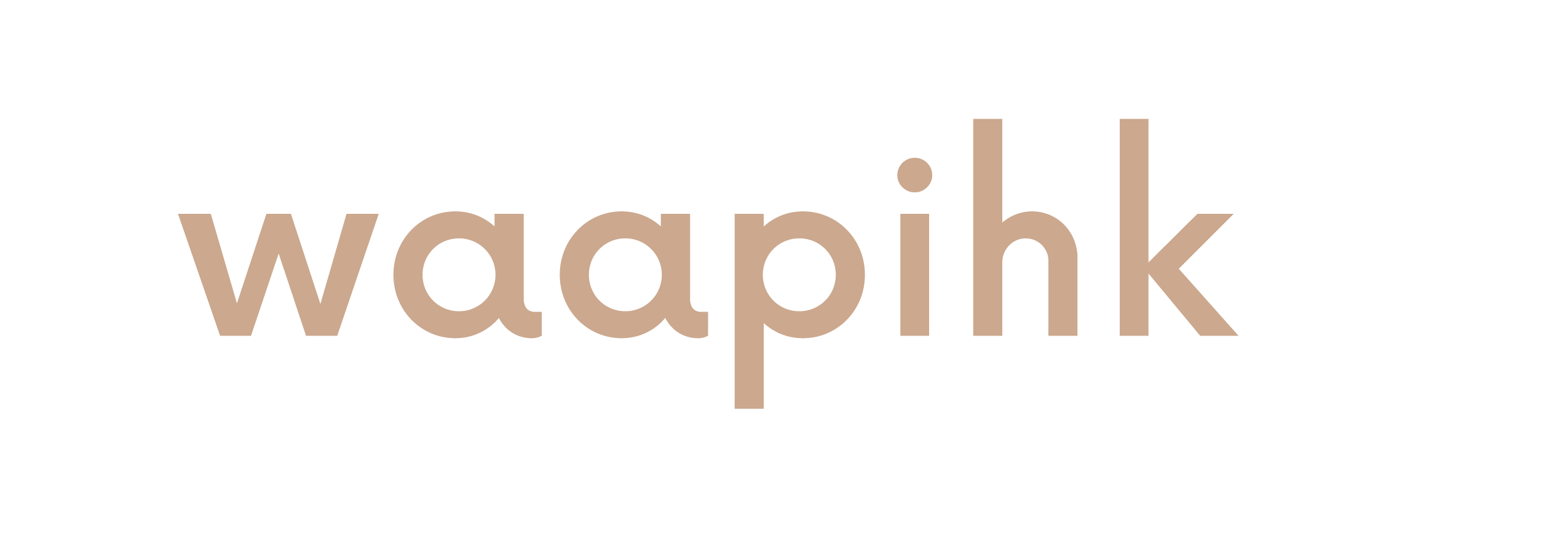Introduction
Missing and Murdered Indigenous Women, Girls, and Two-Spirit People (MMIWG2S+) refers to the national inquiry and awareness campaign on the disproportionately high rates of violence faced by Indigenous women, girls, 2SLGBTQQIA+ people across North and Central America. Despite considerable public attention in recent years and the declaration of a national crisis in Canada, the trauma of overt violence against Indigenous women and girls has been a devastating and far-reaching epidemic in Indigenous and First Nations communities for decades.
Scope of the Crisis
While official counts are inaccurate and outdated, as many cases are either unreported or are not properly documented and investigated by police forces, the statistics remain damning. In 2014, the Royal Canadian Mounted Police (RCMP) report, Missing and Murdered Aboriginal Women: An Operational Overview, noted nearly 1,200 known cases of missing and murdered Indigenous women and girls in Canada between 1980 and 2012. Research from the Native Women’s Association of Canada (NWAC) estimates nearly 4,000 Indigenous women, girls, LGBTQ, and Two-Spirit people have gone missing or were murdered in that same period.
Indigenous peoples in Canada are disproportionately over-represented among missing and murdered individuals. Studies have identified underlying causes of violence against Indigenous women and girls, including socioeconomic factors such as poverty and homelessness combined with racism, sexism, the settings of a resource extraction economy, and the continued legacy of colonialism and the Indian Residential School system.

The ongoing disappearance, murder, and victimization of Indigenous women, girls, and 2SLGBTQQIA+ people, as well as the failure to bring perpetrators to justice, has led to widespread grief and trauma among Indigenous communities, in addition to a lack of trust in the justice system and government institutions. This contributes to a sense of powerlessness, isolation, and fear within Indigenous communities and individuals may be less likely to report crimes or seek help from authorities, leading to a negative loop of unreported crime and emboldened perpetrators.
National Inquiry into MMIWG2S+
Following years of calls from Indigenous groups, activists, and non-governmental organizations, and an explicit Call to Action from The Truth and Reconciliation Commission of Canada: Calls to Action (TRC), the federal Canadian government launched the National Inquiry into Missing and Murdered Indigenous Women and Girls in 2016.
“We call upon the federal government, in consultation with Aboriginal organizations, to appoint a public inquiry into the causes of, and remedies for, the disproportionate victimization of Aboriginal women and girls. The inquiry’s mandate would include: 1) Investigation into missing and murdered Aboriginal women and girls; 2) Links to the intergenerational legacy of residential schools.“
-TRC Call for Action #41, Justice
The public inquiry was tasked to investigate and make recommendations on how to address MMIWG2S+ on a national, provincial, and local level. The public inquiry’s backgrounder notes that Indigenous women accounted for 16% of national female homicide victims between 1980 and 2012 despite representing only 4% of the female Canadian population.
Key Findings and Calls for Justice
The final report, Reclaiming Power and Place was released in 2019 and contains 231 Calls for Justice, including more funding for victim services, better police training and coordination across forces and agencies, and increased support for Indigenous-led initiatives.
Many of the recommendations attempt to address the social issues that Indigenous women, girls, and LGBTQIA+ people face. Recommendations include better access to housing, food, remote and rural transit options, creation of an ombudsperson and tribunal for Indigenous and human rights, and funding for education and awareness programs for violence prevention.

The report puts emphasis on the part women and women-identified people play in systems of Indigenous law and how they are teachers, leaders, healers, providers, and protectors. The title itself points to a core aim that Indigenous women, and women-identified individuals including Two-Spirit and LGBTQIA+, reclaim their power and place.
The MMIWG inquiry identified four areas of ongoing rights violations that impact Indigenous women, girls, and 2SLGBTQQIA+ people: culture, health, security, and justice. The report explicitly details how government institutions, health care, and the justice system must be changed for Indigenous women and girls to have the right to their culture, health, security of person, and justice.
Perhaps most significantly, the inquiry described the thousands of missing and murdered Indigenous women and girls in Canada as “an intergenerational Canadian genocide.”
“Settler colonialist structures enabled this genocide, which takes into account both immediate policies and actions and the intergenerational effects of genocide, whereby the progeny of survivors also endure the sufferings caused by mass violence which they did not directly experience.”
-A Legal Analysis of Genocide: Supplementary Report of the National Inquiry into Missing and Murdered Indigenous Women and Girls
National Action Plan and Ongoing Challenges
A national action plan, Ending Violence Against Indigenous Women, Girls and 2SLGBTQQIA+ People was released in 2019 to advance the 231 Calls for Justice. The plan outlined next steps — which must include the perspectives and participation of Indigenous women, girls, and 2SLGBTQQIA+ people, the families of the missing and murdered, and survivors of violence — and must provide support services for survivors and family members, an oversight body, public awareness and training, and improve data collection and accountability.
Advocates, including the NWAC, have stated the action plan lacks key elements for implementation. Lynne Groulx, CEO of the NWAC, pointed out Call for Justice 1.1 says “the initiatives need to be clearly set out with timelines, budgets, [and] who is responsible so that we can clearly follow up on those calls for justice” and without those implementation details it is nearly impossible to hold the police, agencies, and the federal government accountable.

The action plan did attempt to address necessary mental health supports for victims and their families via counselling, emotional support with community-based Indigenous health workers, and cultural supports with Elders and traditional healers. Health supports also include psychologists and social workers for individual and family counselling, the development of wellness plans, dialogue, ceremonies, transportation, and referrals to other services through Resolution Health Support Workers (RHSWs).
In Montréal, the federal government funded a project by the Native Women’s Shelter of Montreal to improve access to culturally grounded and trauma-informed supports for MMIWG survivors and their families. A critical element of this project is working with family members as they interact with institutions and agencies when a loved one goes missing.
In November 2020, the federal government announced the Comprehensive Violence Prevention Strategy, which provides support for new shelters, transitional, and second-stage housing for First Nations, Inuit and Métis Peoples in Canada. The strategy supports Indigenous and community organizations for ongoing prevention and early intervention activities to combat exploitation and trafficking among Indigenous girls, youth, women and 2SLGBTQQIA+ people.
Concluding Thoughts: The Path Forward
The ongoing national tragedy of violence against Indigenous women, girls, and 2SLGBTQQIA+ people requires a committed multi-pronged approach that addresses the root causes of violence, such as systemic racism, sexism, and ongoing colonialism, and fully supports victims, families, and extended communities. Efforts must span federal, provincial, and local agencies and should ease access to and transition between supports at every opportunity. This requires funding, cooperation, and assisting Indigenous communities to address underlying issues that contribute to violence and supporting Nation-led initiatives that empower Indigenous women, girls, and 2SLGBTQQIA+ people.
To fully capture an accurate picture of the scope of MMIWG2S+ in Canada, a national database that supports coordinated and effective investigations by police, documents the lives of victims, and acknowledges the losses to families and communities is desperately needed.
Fundamentally, holding accountable those who perpetrate violence and those tasked with investigating violent crimes is paramount.









Share the article